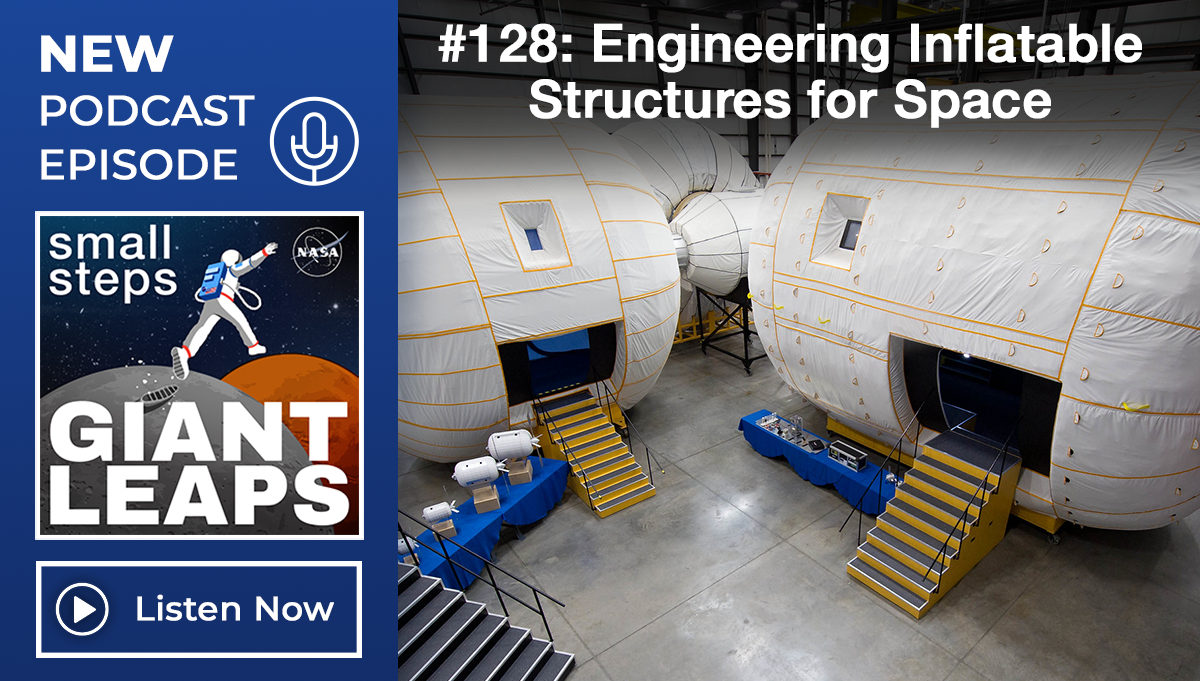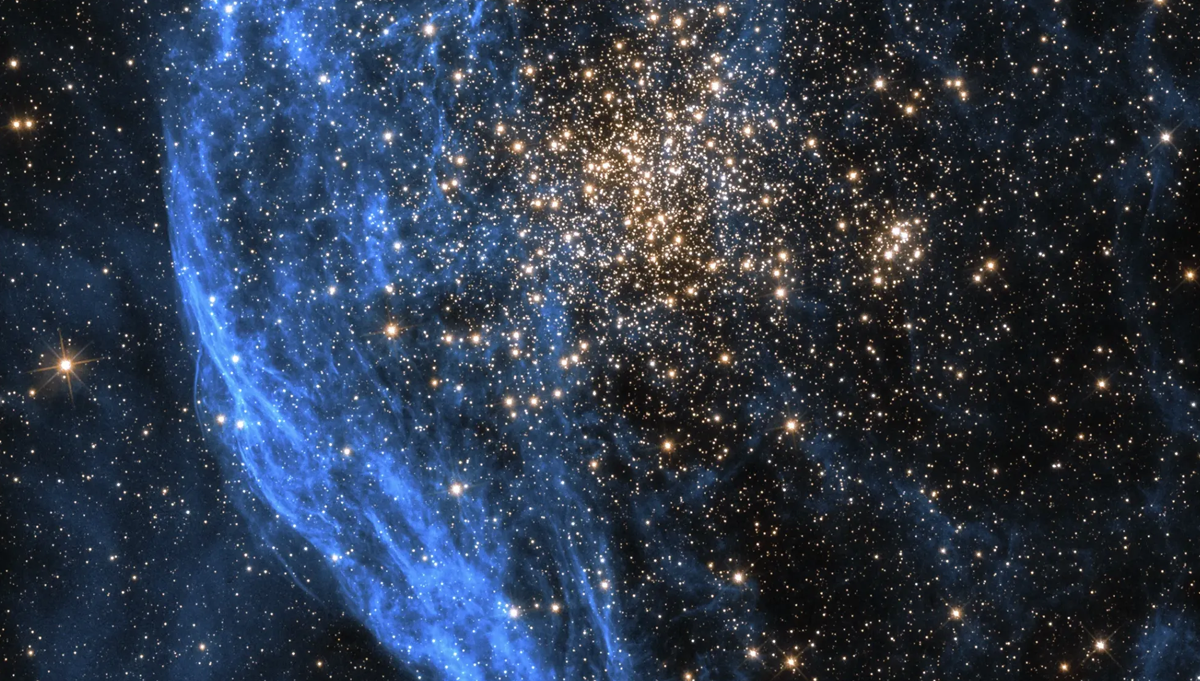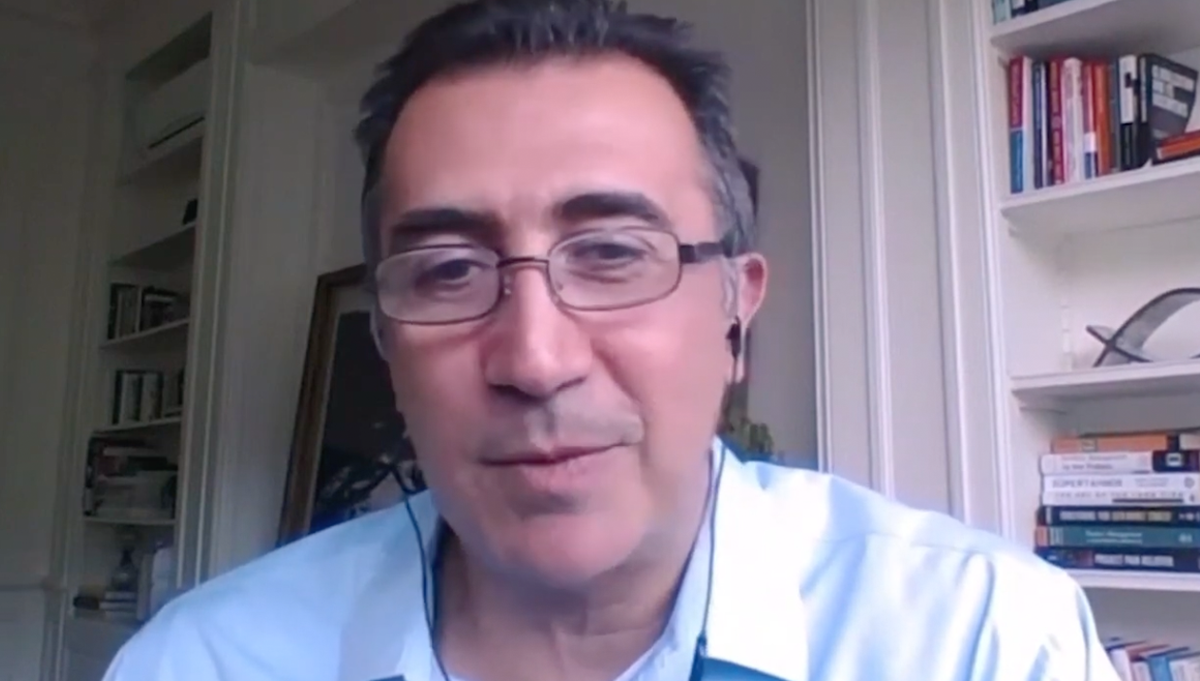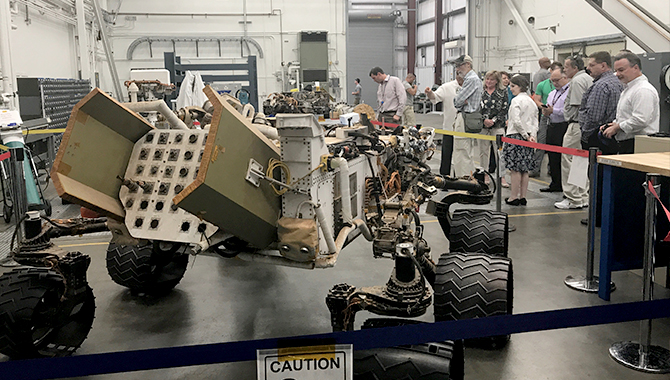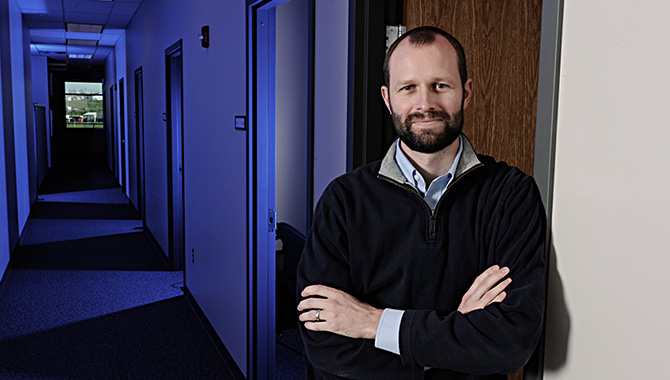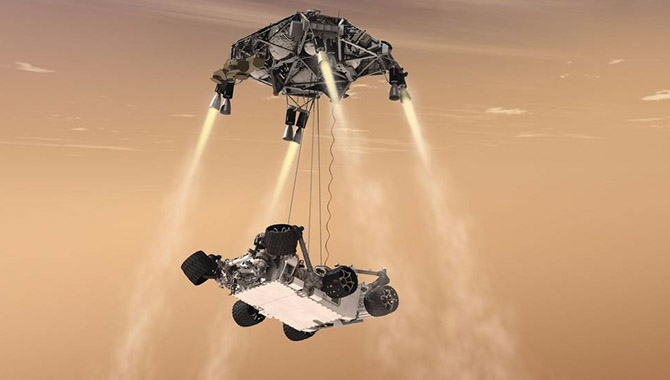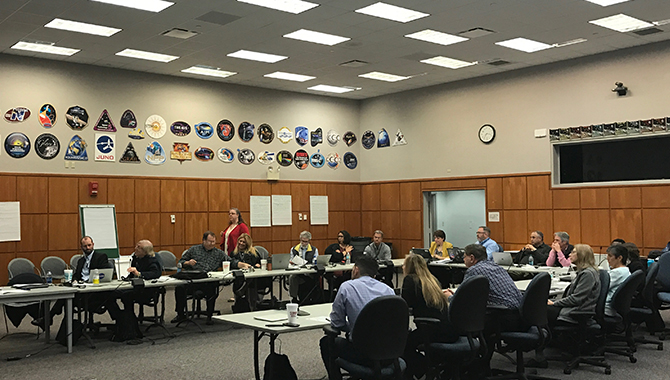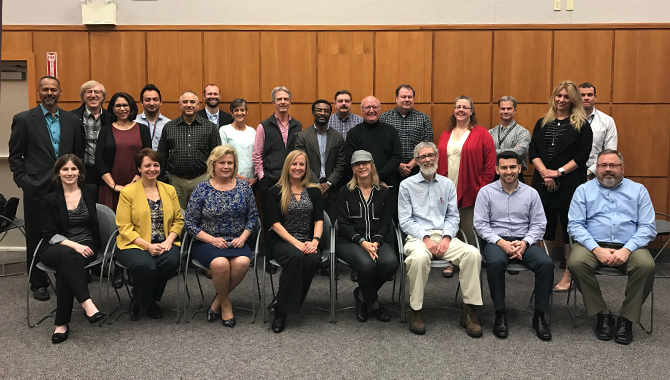
Participants at the NASA Knowledge Community Face-to-Face. February 2017.
Photo Credit: NASA
NASA’s Knowledge Community Comes Together to Leverage Leading Practices and Learn at Kennedy Space Center.
The NASA Knowledge Services community met for its biannual face-to-face February 22–23, 2017. Kennedy Space Center (KSC) Chief Knowledge Officer (CKO) Michael Bell hosted the meeting, which drew 25 CKOs, Points of Contact (POC) and knowledge leads from across the agency in-person and nine remote attendees.
The community gathers in accordance with NASA Policy Directive 7120.6 and at the recommendation of the Aerospace Safety Advisory Panel (ASAP) in order to share leading practices, deepen understanding of lessons learned and how they impact mission successes and failures, learn from industry partners, and work on agency-wide problem-solving, such as developing the agency knowledge strategy. The KSC meeting agenda was designed to meet these objectives. Meeting highlights include:
- Ed Rogers, Goddard Space Flight Center (GSFC) CKO, led a discussion on developing and facilitating case studies. He has written numerous cases, and he facilitates many of them during leadership programs at Goddard, such as The Road to Mission Success. He has brought the case method of learning to other centers, which the community learned more about during the session.
Photo Credit: NASA
Rogers provided an informative overview to the knowledge community on the different types of cases used to teach NASA project and program practitioners critical thinking skills and learn from mission successes and failures with lessons on leadership, operational, communication, motivation, organizational silence, and cultural diversity, to name a few. He provided that cases can best highlight the kinds of decisions and actions taken that have made a mission highly successful, like the Mars Rovers, and those that end in disaster like NASA’s Columbia Shuttle . He spoke of the value of using case studies as a learning and knowledge sharing tool, and how a lecture differs from an interactive case discussion. Rogers demonstrated the various types of cases used to facilitate technical and soft skills development. Jennifer Stevens, Marshall Space Flight Center (MSFC) Chief Knowledge Integrator, and David Oberhettinger, Jet Propulsion Lab (JPL) CKO, spoke to the group about their respective journeys of starting up the case method at their centers with Rogers’ guidance. They each reviewed the lessons learned in working with writers and in facilitating cases.
A key take-away for the participants was that working with writers on case study development requires a very different set of skills than facilitating a case-study learning session. The former involves coaching writers to tell the story of what happened through personal experience and interviews with other people who were involved in the story, but not lead the reader to a conclusion; they are just documenting what happened or didn’t happen in the case. The written case should help the reader think critically about the scenario and make their own conclusions. It also has to build up to the key actions and decisions in the scenario, but it also has to close down to a succinct ending. The facilitator of a case study learning session leads a discussion about the case and asks questions which compel participants to converse and think through the case facts, and to discuss the pros and cons of the choices and decisions made with ultimately impacted the outcomes, whether they be project success or failure. Both the skill of coaching writers and facilitating cases can be learned, and Roger’s is well-known for his ability to teach others those skills.
Other resources for case studies:
How NASA Develops Case Studies – Goddard
- Michael Bell facilitated a discussion to gather CKO reflections on the recent ASAP annual report findings. Information from the attendees was gathered online before the meeting the ASAP report and later were discussed in an open forum. The CKOs agreed that they would like to have the opportunity to engage in dialogue with the ASAP to communicate the diverse array of knowledge capture and sharing tools and methods available across NASA, and to discuss the recent annual report findings. Further discussions for a plan to move these discussions with the ASAP forward will be planned for the next NASA knowledge community quarterly call in April, 2017.
- Nathan Branch, KSC Chief Information Office (CIO), provided an overview of the current state of the CIO’s project to consolidate and update collaboration tools across the agency. The overview was helpful for CKOs to know which tools can be used for enhancing knowledge capture, storage and sharing, which new tools are on the horizon, and which tools are being phased-out across NASA.
- Ron McKinley, Key U.S. Participant on the ISO TC260 Committee, joined the discussion virtually and led a discussion on the general approach used for, and the status of the ISO standard for Knowledge Management. McKinley’s report was especially valuable to the community as it provided insights about standardizing measurement and communication of knowledge capture and sharing maturation and impact in organizations.
The NASA knowledge community has held discussions about metrics and standards, specifically what baseline metrics exist and what methodologies to consider when developing their own standards. They have looked at the American Society of Quality and Productivity’s (APQC) “Levels of Knowledge Management Maturity” as one way of accessing and measuring the impact and growth of their efforts, and this will provide additional information to help inform the community’s methodology in the future.
- David Oberhettinger, JPL CKO, and Jennifer Stevens, Marshall CKO, held a joint discussion on motivating, documenting and operationalizing lessons learned, called “Getting the Most Out of Lessons Learned.” MSFC and JPL have some of the agency’s leading practices for documenting and operationalizing lessons at their respective centers. Their shared wisdom about how their organizations distill the important lessons into daily work indicates that the lessons are truly learned rather than just documented.
- Four CKO spotlights were pre-selected from recent quarterly reports and website interviews:
- Office of Human Capital Management (OHCM) – Billy McMillan provided an overview of knowledge sharing activities and facilitated a hands-on activity used to create an environment of innovation in NASA FIRST. Innovation and knowledge sharing are inextricably linked at NASA.
- Independent Verification and Validation (IV&V) – Jeffrey Northey spoke on activities in his organization that contribute to building a learning organization. The IV&V culture embraces learning in many ways, and Northey provided examples of how individuals and teams collaborate to capture and share knowledge, such as their Model-Based System Engineering Community of Practice, and using project close-out checkpoints to discuss and gather lessons.
- GSFC – Moses Adoko announced a new report developed called “The State of the Art of KM and Lessons Learned at GSFC.” The document is intended to inform a broader strategy discussion on how to improve learning and how to apply lessons to support mission success. Adoko outlined that the report represents a baseline, comprehensive picture of what each Goddard directorate is doing with lessons learned and knowledge management which creates a heightened awareness of lessons learned processes and knowledge sharing activities within Goddard Directorates. The documentation is also intended to encourage/ stimulate directorates to step up efforts for lessons learned and critical knowledge sharing efforts.
- Office of Procurement (OPS) – Barbara Trujillo led a discussion on the BSA Deep-Dive ongoing project, focusing on the new Architecture Model Tool and Mapping Office of Procurement Portal. The portal is being redesigned to create a one-stop shop for procurement POCs across NASA when they need resources, tools, training and documentation to help them solve problems, share knowledge and communicate procurement best practices.
- Michael Bell facilitated a panel on how CKOs use wikis to encourage knowledge capture and sharing at their facilities. Panelists included Charles White, JPL; Jeffrey Northey, IV&V; and Skip Owens, KSC.
- Jennifer Stevens, MSFC, and Jennifer Ibaven, JPL, hosted a discussion on Communities of Practice (CoPs) at NASA. Stevens explained that CoPs are being explored at Marshall as a way of better connecting subject matter experts with projects and programs at the center for problem solving and lessons learned. She facilitated a discussion about the Marshall project and gathered inputs from the audience on their experiences and best practice recommendations. Ibaven provided an overview of how CoPs provide expertise and lessons learned across the agency via the NASA Engineering Network (NEN).
In addition to the accomplishments during the two-day gathering, the knowledge community welcomed five new members: Billy McMillan, OHCM, Jennifer Ibaven, JPL, Karen Fallon, Langley Research Center (LaRC), Dave Whitten, MSFC, and Deana Nunley, ASRC Federal Data Systems.
The next face-to-face is being planned for July 2017.


